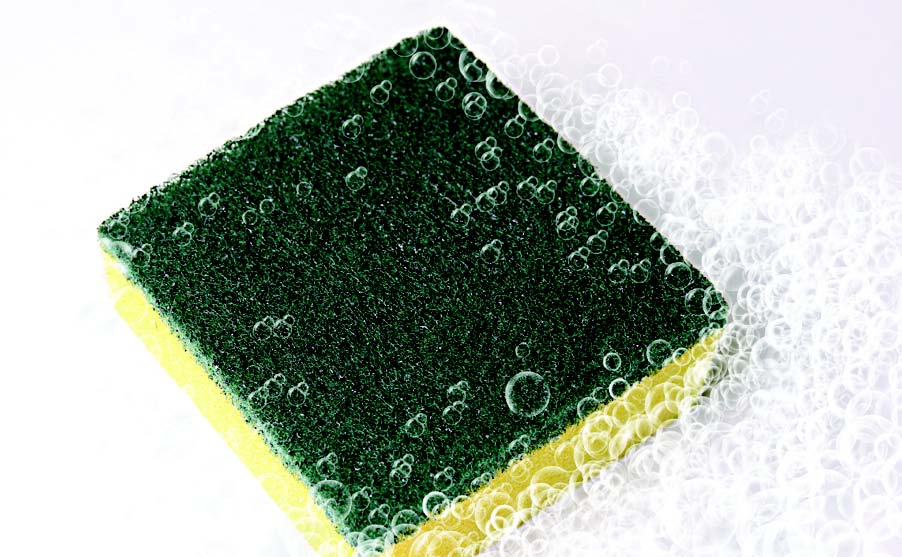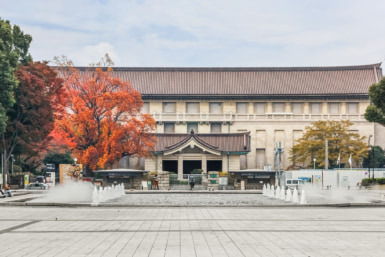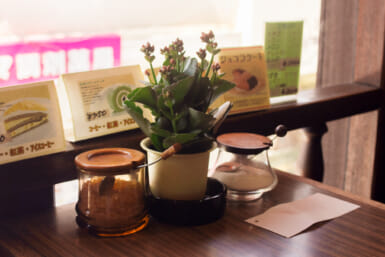by Danielle Rippingale
Rituals around cleaning are a national obsession in Japan, but have you ever stopped to read the labels of your everyday cleaning products? Many household cleaners contain toxic chemicals such as chlorine, phosphates, acetone, ammonia, and petroleum that consumers naturally assume are safe because they are available over-the-counter and in our supermarkets.
In fact, many people are turning to natural cleaning products as sensitivity to chemicals and concerns about the negative health and environmental impact of cleaning agents increases. For more information, check
www.healthreport.co.uk/toxic_household_chemicals.htm
Use these inexpensive everyday items from your pantry to save money and freshen up your home the non-toxic way:
Glass will sparkle without streaks with the reusable microfiber cloth that needs nothing more than hot water (available at Tokyu Hands, ¥1000).
All purpose cleaner made of a 50/50 solution of vinegar and water in a spray bottle will work on dirt, soap scum and hard water deposits, and will also naturally deodorize. In the kitchen, the spray cleans countertops, cooking surfaces and backsplash areas. For tougher jobs, use less diluted vinegar. Vinegar can also unclog mineral deposits in shower heads—simply set the clogged shower head in a cup of vinegar, or attach a baggy filled with vinegar to the shower head with a rubber band and let it sit overnight. The vinegar odor will dissipate as it dries.
Sprinkle a small amount of baking soda on a damp sponge as a cleaning scrub to gently scour your sink and faucets. For tougher jobs, use a thin paste of baking soda and let it stand on the affected surface for several minutes.
Unclog your drain with a quarter of a cup of baking soda and half a cup of vinegar. Pour the solution in the drain, then cover it tightly and allow the fizzy solution to dislodge obstructive matter. Then rinse the drain with hot water. This solution can be used to clean your toilet as well.
Furniture polishes often contain silicone oil that over time can damage the wood. Make your own by mixing half a cup of lemon juice with one cup of olive oil in a spray bottle. Simply shake it well and apply it to wood furniture with a clean cloth.
To clean your oven, sprinkle water generously over the bottom of the oven and cover the grime with enough baking soda (at least one cup) so that the surface is visibly white. Sprinkle more water over the top, then let the mixture set overnight. The grease will easily lift when wiped the next morning with a sponge. Once the worst of the mess is cleaned, put a bit of liquid detergent on a sponge and wipe the remaining residue from the oven. *Be sure to use enough baking soda and water for this recipe to work.
For homemade mold killer, combine two teaspoons of tea tree oil and two cups water in a spray bottle and shake. Do not rinse.
Not a Do-It-Yourselfer?
Compliment your homemade cleaners with commercial eco-friendly cleaning products you can trust. Stores such as Natural House have a range of eco-products such as Ecover for your household needs www.naturalhouse.co.jp
ECO FACT:
Greenery Day (Midori no hi) is a Japanese national holiday dedicated to the environment and nature. It falls around the birthday of Emperor Showa, who had a great love for plants and nature.
GREEN GLOSSARY:
Upcycling: A component of sustainability in which discarded materials are reworked to create a new product of similar or greater value in its second life.a href=”/wp-content/uploads/2009/06/eco-sponge.jpg”Upcycling:
Updated On April 26, 2021










